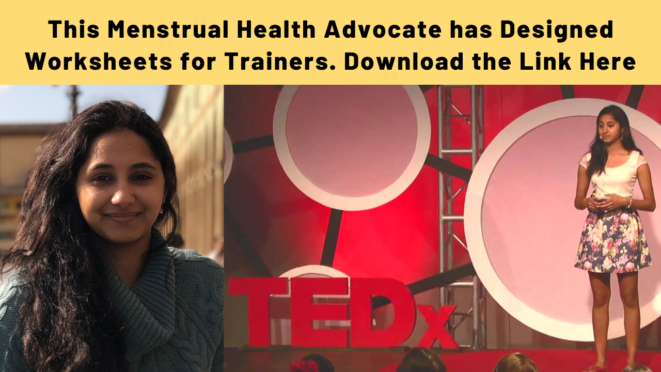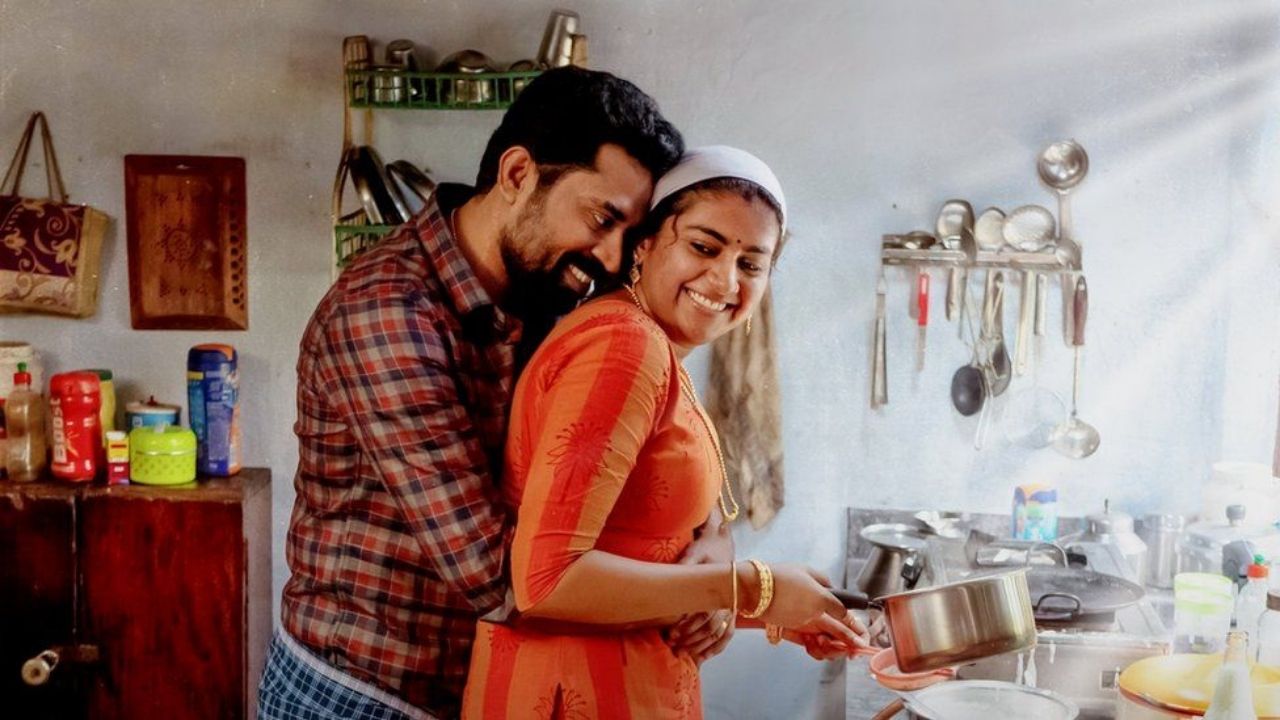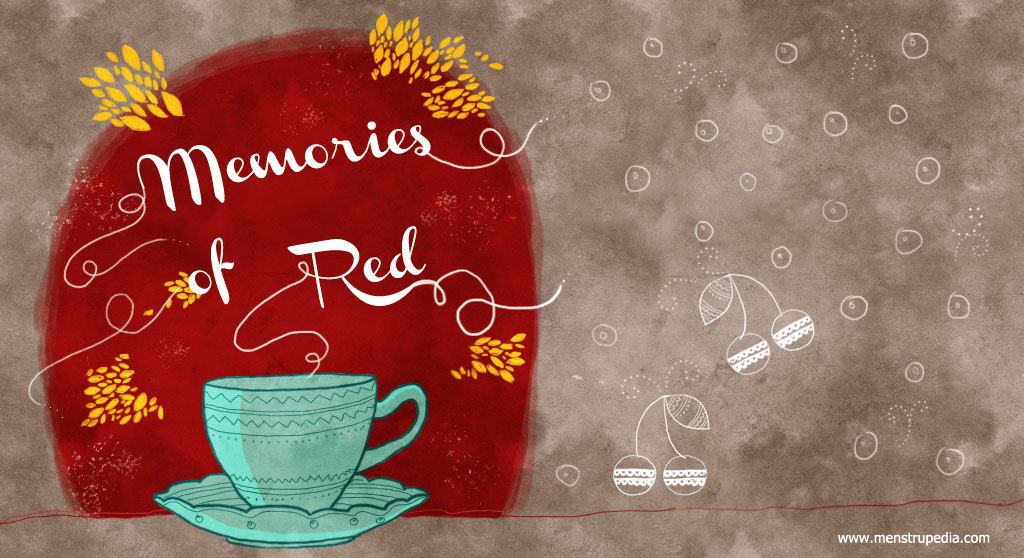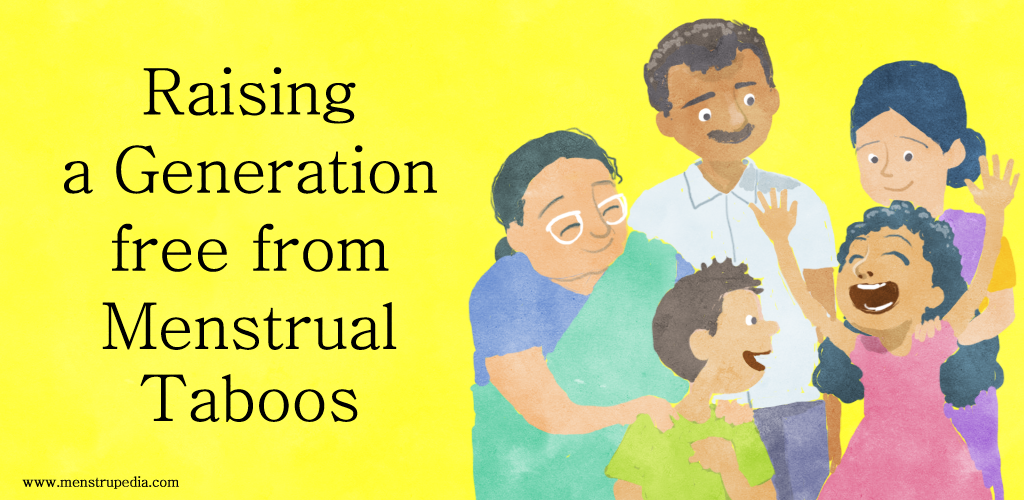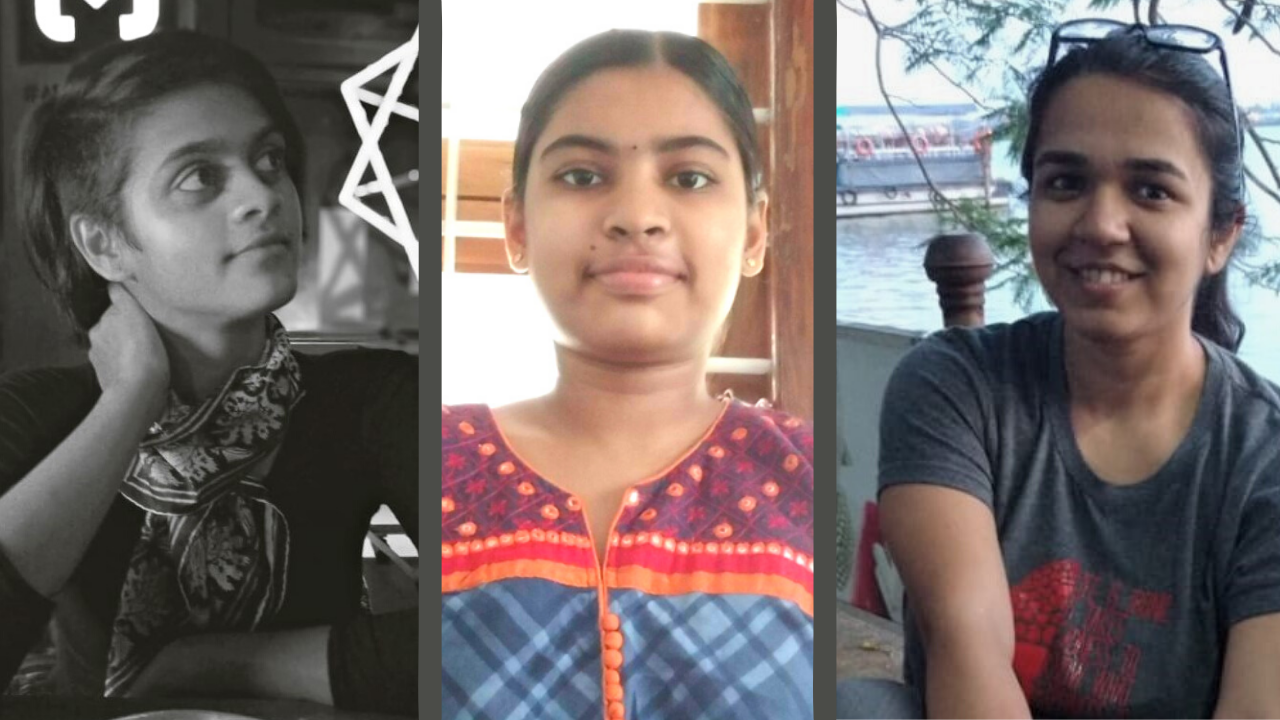Miss Shreya Sirivolu got in touch with us last year while fundraising to purchase our Menstrupedia Comics for the NGO, Divya Disha. Over the summer, she developed a curriculum to provide for the schools that Divya Disha services. The curriculum involves group activities and worksheets that helps girls learn about menstruation.
To get insights into how this curriculum shaped up, we had a brief chat with Miss Shreya Sirivolu. Here’s what we learnt.
1. Please tell us a little something about yourself, your initiative and the kind of work you do.
I studied Biology during my undergraduate years at Columbia University, and I am interested in a career in medicine. Over the past several years, I also developed a passion for teaching. I taught Biology and Bioethics at Yale University and in Japan; I also led an organization to promote higher education among Hispanic students in New York City. I am currently studying cancer immunotherapy as a researcher at Stanford Medicine.
Advocating for menstrual health has grown to be really important for me. In addition to menstrual health education, I have also been involved in efforts to make menstrual products more accessible to people in need. Last year, I researched the lack of menstrual products for female inmates in US prisons, which has further motivated me to fight for the rights of all people to menstruate in dignity.
2. What made you decide to take up menstrual education as a cause? Please tell us how and where you started and the work you have undertaken thus far?
I felt surprised after speaking to girls and learning that many often do not even know what menstruation is when they get their first period. As I tried to learn why this biological and natural process is often not taught to girls, I was bothered by the fact that shame plays a large part in the reason behind it. For some reason, girls are constantly reminded by society that menstruation is something to be ashamed of.
If we want a generation of more confident girls and women, menstruation is something that should not be concealed or merely whispered about. Girls should be clearly taught the changes they should expect during puberty and need to be educated on how to safely manage menstruation so that they can feel more in control of their bodies.
Last year, my efforts in menstrual health education began by partnering with Divya Disha, an NGO that works to educate and empower children and adolescents in Telangana, in order to implement a menstrual health curriculum in the schools that they serve. I look forward to expanding this curriculum to more schools in the future with the vision of working to change the culture surrounding menstruation.
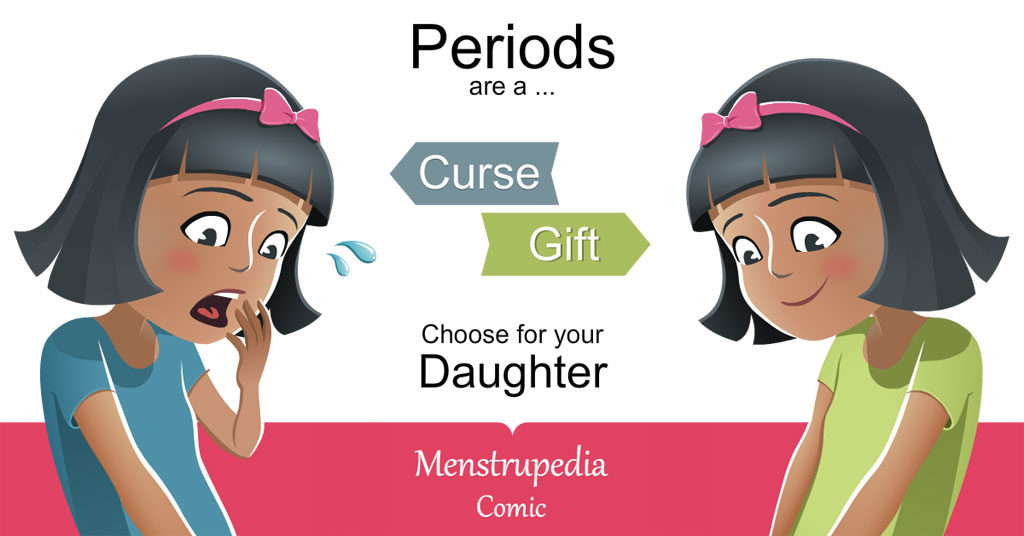
3. Were there any challenges that you faced when leading such projects?
The fact that a classroom is filled with a heterogeneous group of students should be appreciated when developing a teaching curriculum. Whenever I teach, it’s always a challenge to reach out to as many learning styles and personalities as possible. As a result, I strategize to incorporate different types of activities and mediums that aim to speak to each student at an individual level. This process is not as effective when done alone. Therefore, I make it a priority to incorporate feedback and ideas from students when I develop the materials that are to be used in classrooms.
4. How helpful have you found Menstrupedia in your work? Please tell us about the worksheets you developed.
I was so delighted when I first discovered Menstrupedia! I found your idea of using comic books to teach girls about menstruation to be so brilliant! Inspired, I was curious to find ways to further improve this learning experience.
My research has shown that interactive and active learning has higher results in memory retention, which led me to the idea of developing worksheets as a useful (and fun!) tool for girls to engage in and to critically think about the material they access in the Menstrupedia books.
The worksheets I designed are customized to each chapter of the book and include exercises such as fill-in-the-blanks and true or false questions, in addition to activities that encourage girls to reflect and share their feelings and experiences with each other.
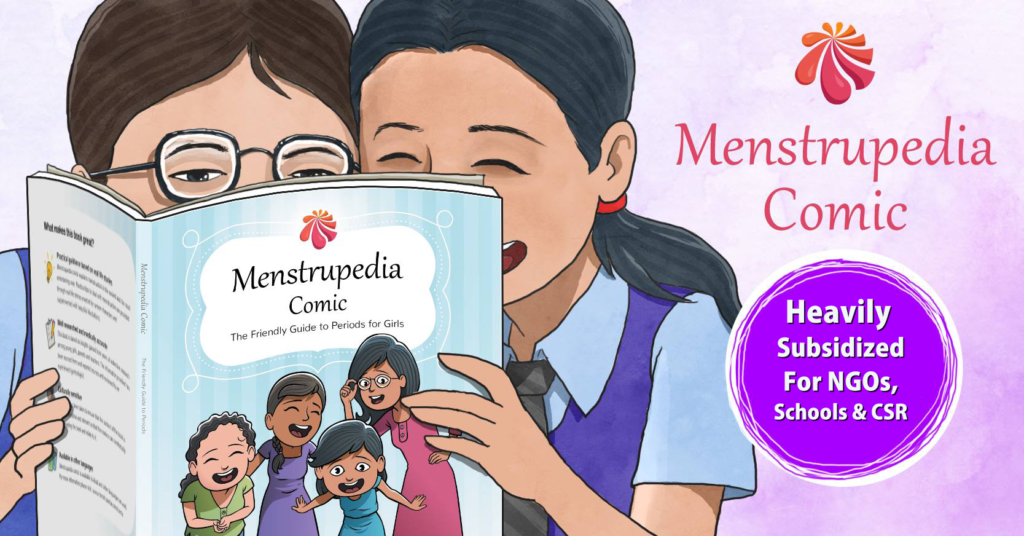
5. What are the changes that you hope these worksheets would bring to the lives of girls and women?
My hope is that by encouraging girls to fill these worksheets out together in their classrooms, they would feel more comfortable having such conversations even outside of their classrooms. I hope this will be a small step towards helping to create a community of girls and women who feel comfortable sharing with and supporting each other.
Destigmatizing menstruation through education and conversation will lead to a stronger and more confident generation of girls and women, and I am excited to find ways to help bring forth these changes.
6. What message do you have for our readers?
As you are already reading this blog, I commend you for your interest in menstrual education! There is so much work that needs to be done to improve the menstrual health of our girls, not just in education, but also in terms of access to safe menstrual hygiene products, clean toilets, and much more. I believe we all can be more effective when we work together.
If you would like to collaborate, please reach out to me at [email protected]. I would love to listen to your ideas and look forward to hearing your story!
Menstrual-Health-Education-Curriculum_Worksheet_English
Menstrual-Health-Education-Curriculum_Worksheet_Telugu
Interviewed by: Menstrupedia Staff
Edited by: Divya Rosaline


